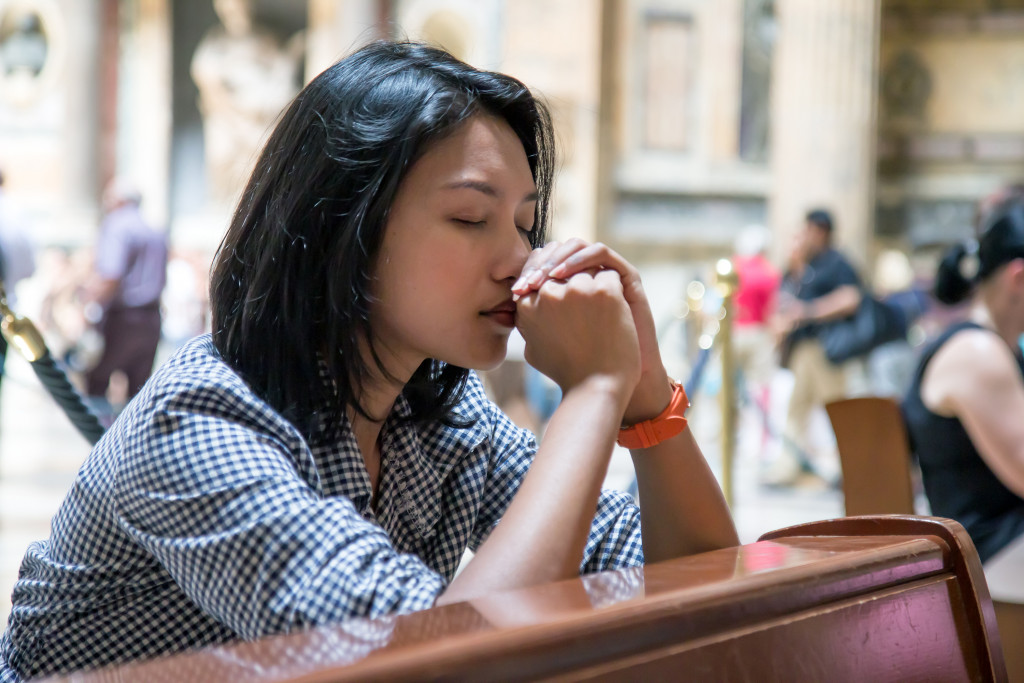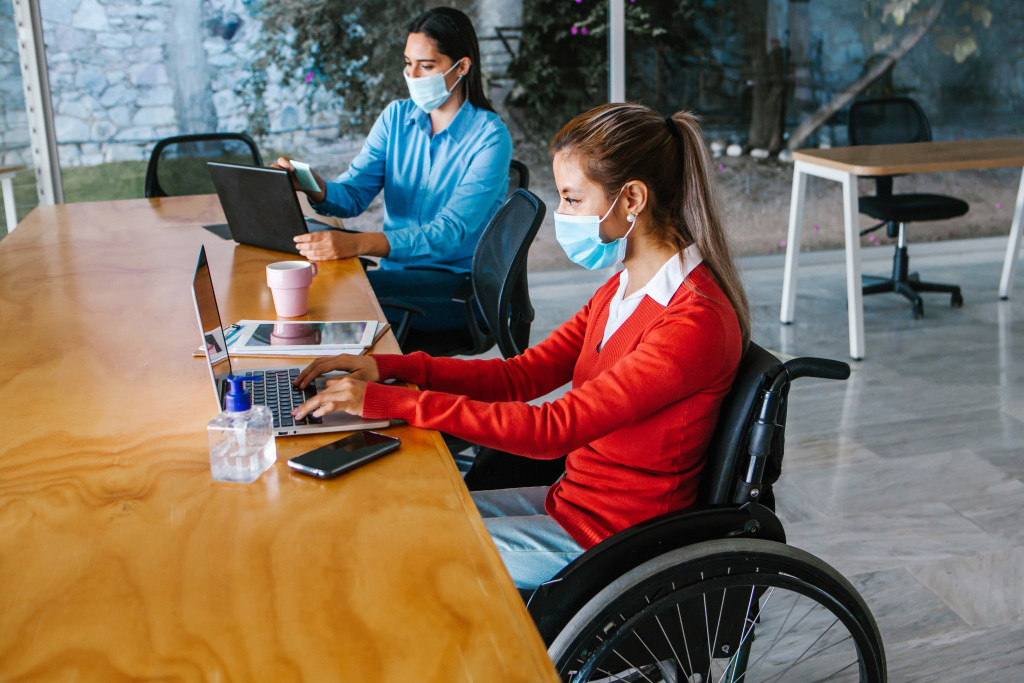- For individuals with disabilities to achieve overall well-being, it is crucial to prioritize organization and planning.
- To reach your full potential, it is important to set achievable goals.
- Relationships with family, friends, and community are crucial for feeling good about oneself and belonging.
- Regularly taking time for yourself can help you recharge and feel more energized.
Living with a disability can be challenging, but it doesn’t mean you have to sacrifice your overall health and wellness. Holistic wellness is important for everyone, and disabled persons are no exception. This refers to the balance of physical, mental, emotional, and spiritual aspects of life that are all interconnected.
It’s about caring for yourself to live a happy and fulfilled life. For disabled persons, achieving holistic wellness may require extra effort because they must adjust their routines or lifestyle to accommodate their disability. But there are some simple tips that anyone can use to take charge of their well-being without relying on help from others.
Get organized & plan ahead
Proper organization and planning are crucial to achieving holistic wellness for disabled persons. This involves a comprehensive approach to health, encompassing physical, emotional, and social well-being. By implementing routines and strategies to manage daily activities, individuals with disabilities can better control their situations and lifestyles, improving health outcomes.
Researching reputable National Disability Insurance Scheme (NDIS) providers, such as NUVICARE, is one option for finding support. This organization assists with disability support services, financial assistance, and access to equipment and technology. Other options may include:
- Seeking local disability advocacy groups.
- Engaging in physical therapy or counseling.
- Developing self-care practices.
Set realistic goals
Setting realistic goals is important for anyone looking to reach their full potential, but it’s especially crucial for someone with a disability. Ensure your goals are achievable, and don’t put too much pressure on yourself. Here are some ideas to help you out:
Stay connected
Staying connected is essential for disabled persons to achieve holistic wellness. Connections with family, friends, and community create opportunities for support and social engagement. These relationships can increase self-esteem, belonging, and a fulfilling life. Without these connections, individuals with disabilities are at greater risk of social isolation and loneliness.
It is crucial to recognize the value of these relationships and actively work towards maintaining and strengthening them. Technology has made connecting easier than ever, but reaching out and making plans is still necessary. Caring to nurture these relationships can lead to a more fulfilling and healthy life for individuals with disabilities.
Take time for yourself
Taking time for oneself is crucial to overall wellness, especially for persons with disabilities. Holistic wellness, which integrates the mind, body, and spirit, is essential to living a healthy, balanced life. To achieve this, individuals with disabilities must regularly take time for themselves.
This is important as disabilities often cause undue physical or mental strain, leading to burnout and exhaustion. Taking time for oneself can include activities such as meditation, reading, or even going for a walk. These activities encourage relaxation, which helps individuals recharge and feel more energized. Engaging in activities promoting relaxation is essential to promoting holistic wellness.
Exercise regularly
Regular exercise is critical for individuals with disabilities to achieve holistic wellness. Physical activity may pose unique challenges to those with certain conditions, but it is necessary to maintain overall health and well-being. Exercise can help develop strength, improve cardiovascular health, maintain body weight, and support an active and independent lifestyle.
To properly exercise, individuals with disabilities should consult with a doctor or licensed therapist to determine a safe and effective fitness plan. By finding the right form of exercise and adjusting it to fit individual needs, disabled persons can establish a sustainable routine that supports their physical and emotional health.
Find accessible ways of practicing spirituality/religion

For individuals with disabilities, practicing spirituality and religion can be a meaningful way to achieve a sense of connection and purpose. However, not all places of worship or spiritual practices are accessible for those with disabilities. These individuals must find accessible ways of practicing spirituality, which may require accommodations such as wheelchair ramps, sign language interpreters, or audio descriptions.
This allows disabled individuals to fully participate in spiritual activities, fostering a sense of inclusion and community. Accessibility in religious practices is a basic right and a way to promote diversity and holistic wellness for all individuals, regardless of their abilities. Spiritual communities must prioritize inclusivity so that all individuals can practice their religion or spirituality comfortably and in ways tailored to their unique needs.
Eat healthy foods

Eating healthy foods is incredibly important for disabled individuals to achieve overall wellness. A well-balanced and nutritious diet can provide the necessary vitamins and minerals to the body, which play a crucial role in maintaining physical and mental health. Eating healthy foods is especially important for individuals with disabilities as it can prevent or manage chronic conditions like diabetes and heart problems.
A wholesome diet can also improve mood, energy, and cognitive function. It’s crucial to remember that every individual has unique dietary needs, and it’s essential to consult with a healthcare provider to determine the best diet for each person. By consciously eating healthy foods and incorporating them into their daily routine, disabled individuals can significantly improve their quality of life and overall wellness.
These are just some tips to start your journey toward holistic wellness. It is crucial to remember that individuals have varying needs and capabilities, therefore, it is vital to discover what methods or approaches suit oneself.


